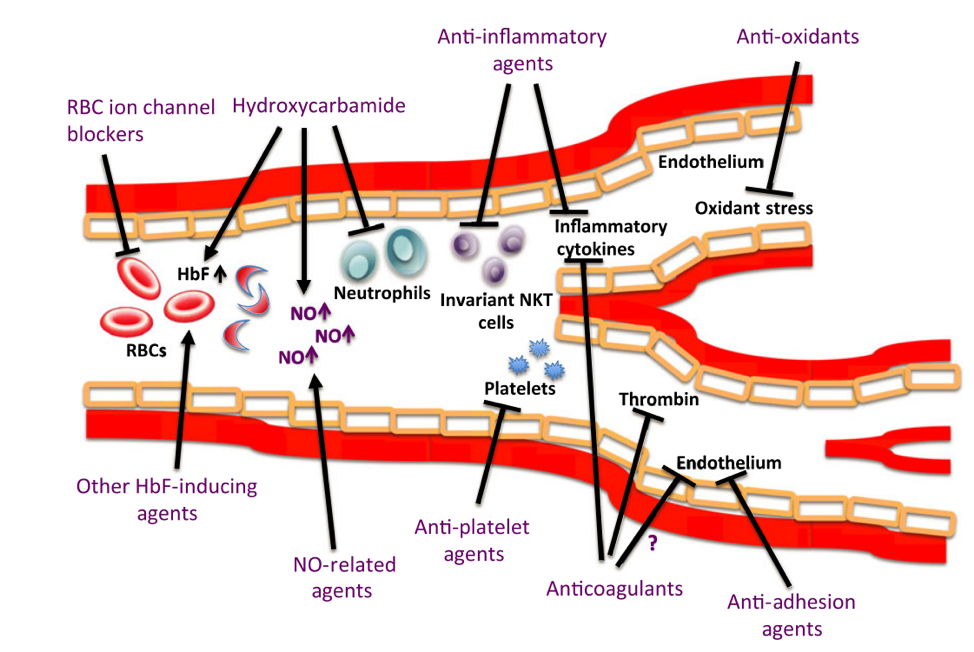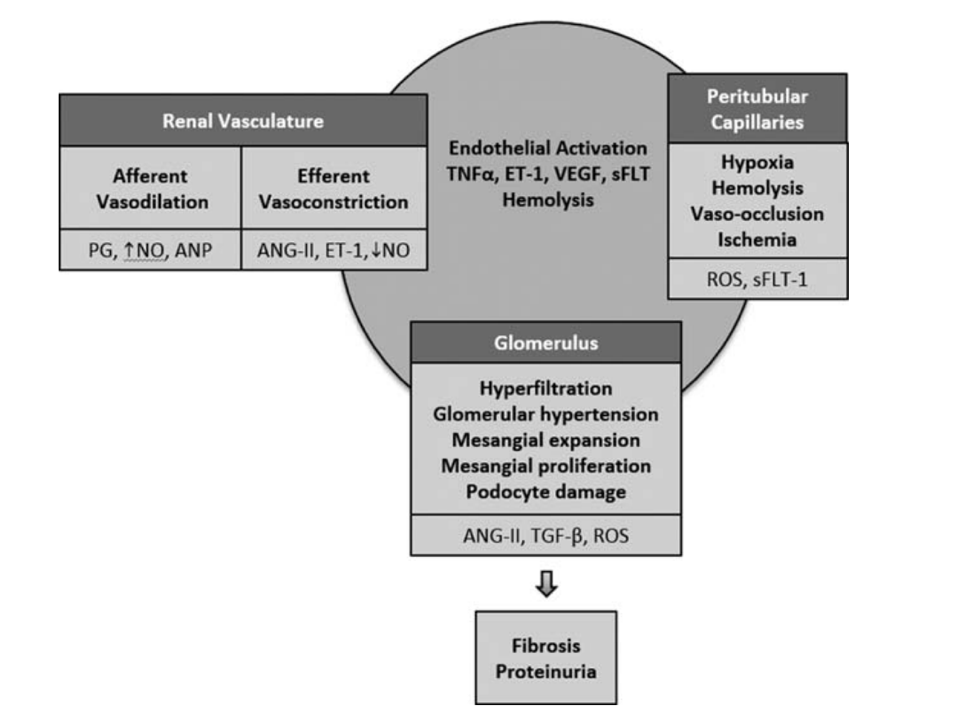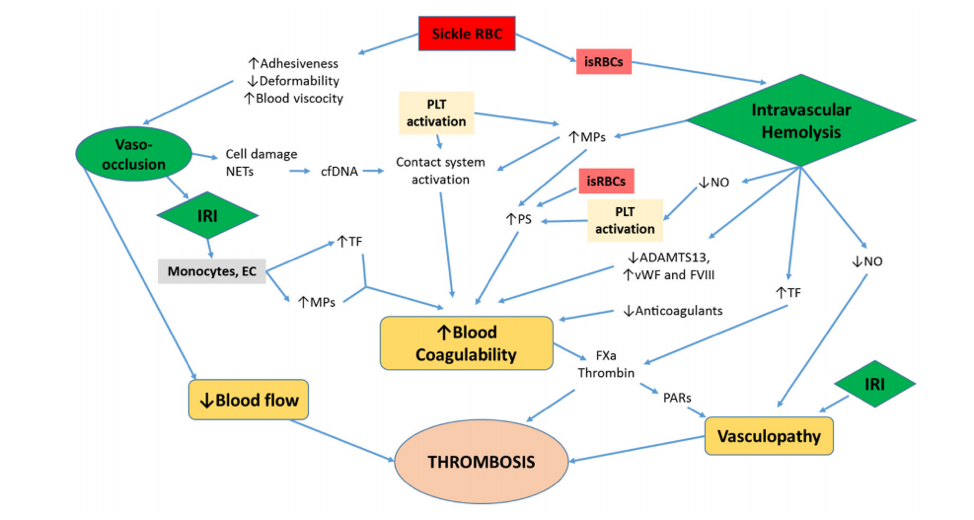Meet the Director
Kenneth Ataga, MD

Kenneth Ataga received his medical degree from the School of Medicine at the University of Benin, Benin City, Nigeria in 1990. After completing a rotating internship at the University of Benin Teaching Hospital, he relocated to the United States when he underwent residency training in Internal Medicine at the State University of New York Health Science Center (currently Upstate Medical University) at Syracuse, NY. This was followed by a clinical and research fellowship in Hematology and Oncology at the University of North Carolina (UNC) at Chapel Hill under the mentorship of Dr. Eugene Orringer. He joined the faculty at UNC, Chapel Hill and rose to become Professor of Medicine and Director of the UNC Comprehensive Sickle Cell Program. In July, 2018, Dr. Ataga became the Plough Foundation Endowed Chair in Sickle Cell Disease and the inaugural Director of the Center for Sickle Cell Disease at the University of Tennessee Health Science Center (UTHSC) at Memphis.
Clinical Interests
Dr. Ataga’s clinical interest and expertise focuses on sickle cell disease and related hemoglobinopathies, thalassemia and other red blood cell disorders.
Research Interests
Dr. Ataga’s primary research interest is in the development of drug therapies for sickle cell disease. Over the past many years, he has led or collaborated in studies of novel drug therapies in sickle cell disease. He was the lead investigator in the clinical studies of senicapoc, a Gardos channel blocker, in patients with sickle cell disease. Dr. Ataga was also the lead investigator in the multicenter study of crizanlizumab, a humanized anti-P-selectin antibody, in sickle cell disease (Ataga KI et al, NEJM, 2017).
The figure below illustrates drug targets for drug development in sickle cell disease (Ataga KI & Stocker J, Br. J Haematol, 2015).

2) Dr. Ataga’s research is also focused on the glomerulopathy of sickle cell disease. Specifically, he is interested in understanding the pathophysiology of albuminuria, the natural history of sickle cell disease-related glomerulopathy, and the development of treatments for sickle cell disease-related kidney disease.
The figure below illustrates the proposed mechanisms of glomerular damage in sickle cell disease (Ataga KI et al, Am J Hematol, 2014).

3) The coagulation system is activated in sickle cell disease. With the increasing evidence that coagulation and platelet activation may contribute to the pathophysiology of this disease, Dr. Ataga is involved in studies to further define their contributions.
The figure below highlights contributors to coagulation activation in sickle cell disease (Noubouossie D et al, Blood Rev, 2016)

